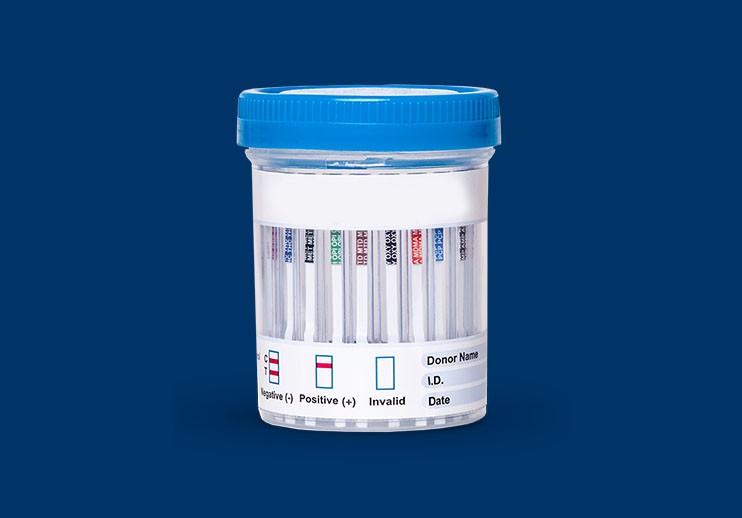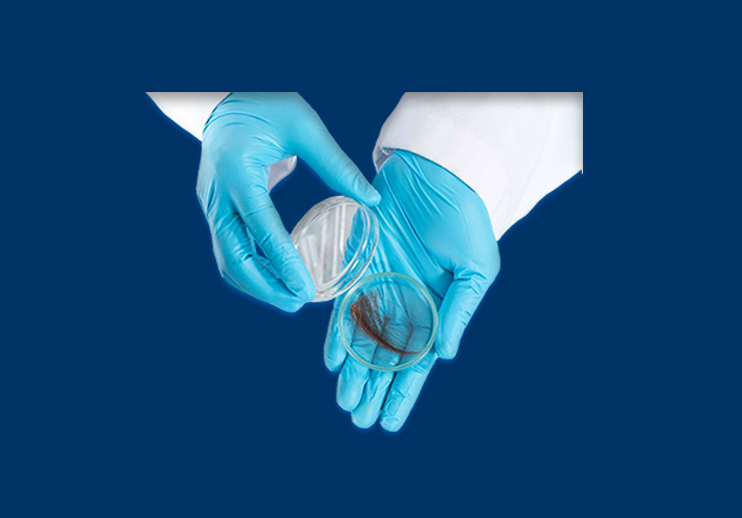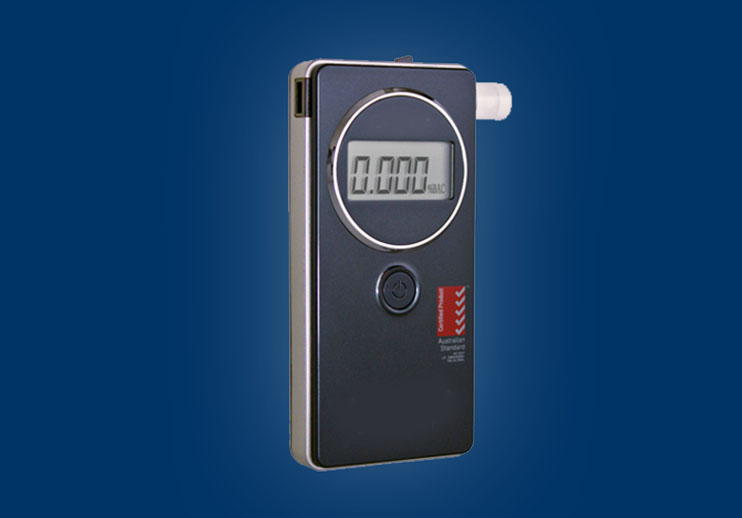Schedule a Drug Test in Hawaii
How to Schedule a Drug Test in Hawaii
Scheduling a drug, hair, alcohol or any testing service at any of our Hawaii testing facilities is simple and easy. Call (800) 977-8664 or you may schedule a test online 24/7 by clicking the ‘Order a Test’ button and receive your donor pass/registration form with the testing center address and instructions via email.
We Have Drug, Hair and Alcohol Testing Centers in all cities in Hawaii. (Call for additional drug testing locations)
Please be aware that our Hawaii drug testing centers do not accept any form of payment and require a test registration/ donor pass to administer a drug, alcohol, or any other type of test. You must call (800) 977-8664 to register for a test or you may register online, no appointment is needed, but a test registration form is required. Your zip code will be used to find our closet drug testing center to perform the drug or alcohol test which is needed.
About the State of Hawaii
Hawaii, also known as the Aloha State, is the most isolated population center on the face of the Earth. To explain, Hawaii is 2,390 miles from California, 3,950 miles from Japan, 4,900 miles from China and 5,280 miles from the Philippines. Hawaii has its own time zone known as Hawaiian Standard Time, where it runs two hours behind Pacific Standard Time and five hours behind Eastern Standard Time. Hawaii has a lot of interesting facts about itself such as there are no racial or ethnic majorities, everyone is considered a minority. Caucasians (Haoles) constitute about 34%; Japanese-American about 32%; Filipino-American about 16% and Chinese-American about 5%. It is very difficult to determine racial identification as most of the population has some mixture of ethnicities.
For another, Honolulu is the largest city in the world and has the longest borders. According to the state constitution any island (or islet) not named as belonging to a county belongs to Honolulu. This makes all islands within the Hawaiian Archipelago, that stretch to Midway Island (1,500 miles northwest of Hawaii) part of Honolulu. Honolulu is about 1,500 miles long or more distance than halfway across the 48 contiguous states.
Hawaii is one of the most sought out spots to vacation throughout the entire world. However, it is also one of the most expensive. As a general ballpark figure, the plane ticket from a State in the Untied States will cost roughly $1,000 alone. Adding up the hotel stay, food and other small necessities, things can rack up quite fast! However, the views, the beaches, the vibe of the island is worth it all!
State of Hawaii Drug Testing News
According to the National Institute on Drug Abuse, in 2017, Hawaii took the place of having one of the lowest age-adjusted rates of deaths involving opioids. To explain, there were approximately 53 drug overdose deaths involving opioids, which puts Hawaii at a rate of 3.4 deaths per 100,000 persons. Within those deaths most were involving prescription opioids, with heroin falling second. There were no deaths involving synthetic opioids other than methadone as of 2017.
According to the CDC, in 2017, Hawaii providers wrote 37.0 opioid prescriptions for every 100 persons (Figure 2), compared to the average U.S. rate of 58.7 prescriptions. This was among the lowest rates in the United States that year. This was also the lowest rate in the state since data became available in 2006. The age-adjusted rate of overdose deaths involving opioid prescriptions has also followed a decreasing trend from a peak of 4.8 deaths per 100,000 deaths in 2007 to 2.5 deaths per 100,000 persons in 2017.
Research has revealed that of the new HIV cases in 2016, 82 occurred in Hawaii. Among males, 13.7 percent of new HIV cases were attributed to IDU or male-to-male contact and IDU. Among females, 22.2 percent of new HIV cases were attributed to IDU.
In 2015, an estimated 2,788 persons were living with a diagnosed HIV infection in Hawaii—a rate of 233 cases per 100,000 persons. Of those, 13.0 percent of male cases were attributed to IDU or male-to-male contact and IDU. Among females, 25.1 percent were living with HIV attributed to IDU (AIDSVu).
Drug Testing Locations in Hawaii
Smart Drug Testing has drug and alcohol testing locations throughout the State of Hawaii including Honolulu, East Honolulu, Pearl City, Hilo, Kailua, Waipahu, Kaneohe, Mililani Town, Kahului, Ewa Gentry, Mililani Mauka, Kihei, Makakilo, Wahiawa, Schofield Barracks, Wailuku, Kapolei, Ewa Beach, Royal Kunia, Halawa and other municipalities.
Marijuana in the State of Hawaii
In the state of Hawaii, recreational marijuana is not legal and is prohibited. If a person is found with marijuana and is does not possess a medical marijuana card, penalties will happen such as jail time, fines, and even prison time depending on the amount that is found and if it is determined to be intended to sell or traffic.
In the state of Hawaii medical marijuana is legal and permitted. Qualifying patients are permitted to possess three ounces of usable marijuana, home cultivation allows no more than seven marijuana plants with no more than three being mature. In order to qualify for medical marijuana you will need to have one of the following:
- Cachexia
- Cancer
- Chronic pain
- Crohn’s disease
- Epilepsy and other disorders characterized by seizures
- Glaucoma
- HIV or AIDS
- Multiple sclerosis and other disorders characterized by muscle spasticity
- Nausea
Smart Drug Testing, LLC is Hawaii’s leading provider of drug, alcohol, occupational health and DNA testing with testing centers in all cities nationwide and most testing centers are within minutes of your home or office and same day service is available in most cases.
Drug and alcohol testing services in Hawaii are provided for employers and individuals for various reasons including employment related testing such as pre-employment, random selection, post accident and reasonable suspicion. We also provide US DOT drug and alcohol testing in accordance with Part 40, court ordered, probation, school and personal/family testing.
Our Hawaii drug testing services are delivered with the highest commitment to customer satisfaction and we are dedicated to providing convenient, cost effective and confidential drug and alcohol testing services with one of the fastest results reporting methods available in the industry. Regardless if you are an individual ordering one test or an employer scheduling 100 tests, our commitment to providing outstanding customer service is the same. We also only use certified laboratories and all test results are verified by our Medical Review Officers (MRO).
On the road or on vacation? No worries. Smart Drug Testing, LLC has over 10,000 Drug and alcohol testing centers available in all cities and we can schedule your test, ANYWHERE, ANYTIME!
FAQ's About Drug Testing in Hawaii
Drug detection factors
The length of time that a drug is detectable in the system depends on a variety of factors, including:
- the type of test
- dose
- tolerance
- potency
- metabolism
- the existence of medical conditions
Drug detection times
Please use these figures as a guide only:
- Alcohol: 3-5 days in urine, 10-12 hours in blood
- Amphetamines: 1-3 days in urine and around 12 hours in blood
- Barbiturates: 2-4 days in urine and 1-2 days in blood
- Benzodiazepines: 3-6 weeks in urine and 2-3 days in blood
- Cannabis: 7-30 days in urine and up to 2 weeks in blood
- Cocaine: 3-4 days in urine and 1-2 days in blood
- Codeine: 1 day in urine and up to 12 hours in blood
- Heroin: 3-4 days in urine and up to 12 hours in blood
- LSD: 1-3 days in urine and up to 2-3 hours in blood
- MDMA (ecstasy): 3-4 days in urine and 1-2 days in blood
- Methamphetamine (crystal meth): 3-6 days in urine and 24 – 72 hours in blood
- Methadone: 3-4 days in urine and 24-36 hours in blood
- Morphine: 2-3 days in urine and 6-8 hours in blood
Drug detection in hair
Drugs or their metabolites may be detectable in hair. Hair grows at a rate of approximately 1cm per month so depending on the length of hair it may be possible to determine drug use over recent months.
A urine drug test, also known as a urine drug screen or a UDS, is a painless test. It analyzes your urine for the presence of certain illegal drugs and prescription medications. The urine drug test usually screens for:
- amphetamines
- methamphetamines
- benzodiazepines
- barbiturates
- marijuana
- cocaine
- PCP
- methadone
- opioids (narcotics)
Alcohol can also be included in screening tests, but it’s usually detected through breath tests rather than urine screens.
A urine drug test can help a doctor detect potential substance abuse problems. After a drug test identifies drugs you may be misusing, doctors can help you start a treatment plan. Taking urine drug tests throughout substance abuse treatment helps to ensure that the plan is working and that you’re no longer taking drugs.
Cannabis: 7-30 days in urine and up to 2 weeks in blood.
Cocaine: 3-4 days in urine and 1-2 days in blood.
Codeine: 1 day in urine and up to 12 hours in blood.
Heroin:3-4 days in urine and up to 12 hours in blood.
It is broken down and excreted through your urine, making it detectable with urine drug testing for up to five days. Hair drug testing timelines have windows of up to 90 days.
Negative results are usually received within 24 hours; however, a positive screen will require further testing that may take a few days up to one week. If the initial screen is negative, a medical review officer (MRO) will typically contact the employer with the results.
If your urine is being tested only for a urinalysis, you can eat and drink normally before the test. If you‘re having other tests at the same time, you may need to fast for a certain amount of time before the test.




